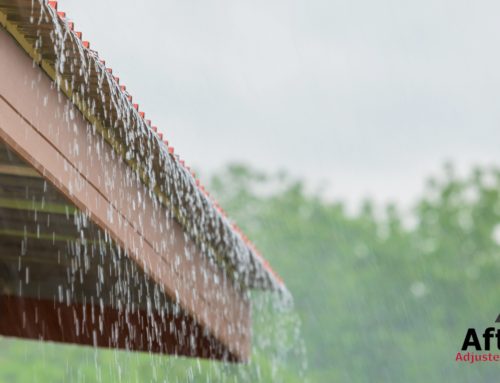June 1st to November 1st is hurricane season. Therefore, homeowners in Florida should check their insurance policies to determine their hurricane deductibles. This deductible is different from other damage deductibles and is only applicable for hurricanes.
Most homeowner’s insurance policies have a flat rate deductible such as $500 or $1,000.
Hurricane deductibles, on the other hand, are usually listed as a percent of the property’s insured value. The most typical deductibles are between 1% and 5%. This means that if you have dwelling coverage of $250,000 with a 5% hurricane deductible, you will be liable for the first $12,500 of damages after the storm. This is significantly different from your normal deductible.
How Hurricane Deductibles Work
Hurricane deductibles came into being after Hurricane Andrew in 1992. Due to the high losses, insurers worked to find a way to lessen future loss risks. This was done by having homeowners assume more of the financial responsibility.
During this time, insurance companies went to a multilevel coverage approach. This often includes:
- Lower, standard deductible
- Hurricane deductible
- Hail and wind damage deductible
As a side note, some policies do not use the term hurricane deductible. Other terms might include tropical cyclone deductible or named storm deductible.
When Does a Hurricane Deductible Apply?
Hurricane deductibles only apply to named storms that hit land. This is determined by the National Weather Service.
Each state has their own definition and determination of when the deductible applies. In Florida, the hurricane deductible applies during the 72 hours after a hurricane warning is issued.
Florida now applies deductibles to all properties in the state, not just those in coastal areas. This happened after Hurricane Charley in 2004.
This means that for most Florida residents, wind coverage will come with a hurricane deductible. For instance, if a hurricane hits in Miami without crossing over Pensacola, those with wind damage in Pensacola will still have to use their hurricane deductible since there was a named storm in Florida. This is true even if the wind damage was due to a spin-off tornado and not the actual hurricane winds.
The Disclaimer
Your insurance policy will have to have a disclaimer letting you know about your hurricane deductible. It must be in 18-point bold type and state, “This policy contains a separate deductible for hurricane losses, which may result in high-out-of-pocket expenses to you.”
Condo Differences
You’ll want to look at how your insurance company defines the hurricane deductible in your specific policy. It could be that the percentage is based on your unit or on the entire complex as a whole. If the policy is written to include the whole complex, then payments could be scarce if just a few units are damaged.
Condo policies may also exclude certain areas, such as:
- Pool
- Parking lot
- Green space
Keep Good Records
Be sure to document damages to your home. Start by taking photos and video of your home before a storm. Also, use a date-stamp. Then, take photos and video after a storm to show any damages.
If you have questions about your homeowner’s insurance policy and hurricane deductibles, give Aftermath Adjusters & Consulting, LLC. We would be happy to help you understand your current policy and provide information about your current coverage.









